RFK Jr. Appoints More Anti-Vaccine Members to CDC Vaccine Advisory Panel
In a move that has raised concerns among public health experts, Health Secretary Robert F. Kennedy Jr. has appointed five more individuals with questionable qualifications and anti-vaccine views to the federal advisory committee that sets national vaccination recommendations.
The new appointees join seven others who were hand-picked by Kennedy in June, replacing 17 highly qualified and thoroughly vetted members of the Advisory Committee on Immunization Practices (ACIP). The ACIP advises the Centers for Disease Control and Prevention (CDC) on setting vaccine policy. Two of the existing members have been paid to testify against vaccine makers in cases claiming they caused harm, a clear conflict of interest.
The new appointees include Catherine Stein, a professor at Cleveland's Case Western Reserve University, who has expressed anti-vaccine views; Laura Hewitson, a naturopathic doctor with a history of promoting unproven treatments; and three others with similar backgrounds. According to sources, the appointments were made without input from CDC officials or other experts.
"This is a disturbing trend," said Dr. Peter Hotez, a leading vaccine expert and professor at Baylor College of Medicine. "The ACIP needs to be composed of experts who are qualified to make informed decisions about vaccine policy, not individuals with a vested interest in promoting anti-vaccine ideologies."
Kennedy's appointments have been criticized for lacking transparency and accountability. The new members will join the existing seven appointees, including Kennedy himself, who has been a vocal critic of vaccines.
The ACIP plays a critical role in shaping national vaccination policies, influencing which vaccines are recommended for children and adults. Public health experts worry that the new appointees' anti-vaccine views could undermine the credibility of the committee's recommendations.
"This is not just about vaccine policy; it's about public health," said Dr. Paul Offit, a pediatrician and expert on vaccine safety at Children's Hospital of Philadelphia. "We need to ensure that our advisory committees are composed of experts who can provide informed guidance, not individuals with a personal agenda."
The CDC has declined to comment on the appointments, citing the need for further review.
As the debate over vaccination policy continues, public health experts emphasize the importance of consulting healthcare professionals when making decisions about vaccinations. "Vaccines have been extensively tested and proven safe," said Dr. Hotez. "We should be relying on science, not ideology, to inform our vaccine policies."
The ACIP is expected to meet soon to discuss its recommendations for the upcoming flu season. The outcome of these discussions will have significant implications for public health policy.
Background:
The Advisory Committee on Immunization Practices (ACIP) was established in 1964 to provide advice to the CDC on setting national vaccination policies. The committee consists of 15 experts who are appointed by the Secretary of Health and Human Services. Members serve three-year terms, with a maximum of two consecutive terms.
Additional Perspectives:
Dr. Laura Sivitz, a pediatrician at the University of California, Los Angeles (UCLA), expressed concerns about the impact of Kennedy's appointments on public health policy. "This is a concerning trend that could undermine trust in our vaccination policies," she said.
A spokesperson for the American Academy of Pediatrics (AAP) stated that the organization remains committed to promoting evidence-based vaccine policies.
Current Status and Next Developments:
The ACIP is expected to meet soon to discuss its recommendations for the upcoming flu season. The outcome of these discussions will have significant implications for public health policy. As the debate over vaccination policy continues, public health experts emphasize the importance of consulting healthcare professionals when making decisions about vaccinations.
*Reporting by Arstechnica.*
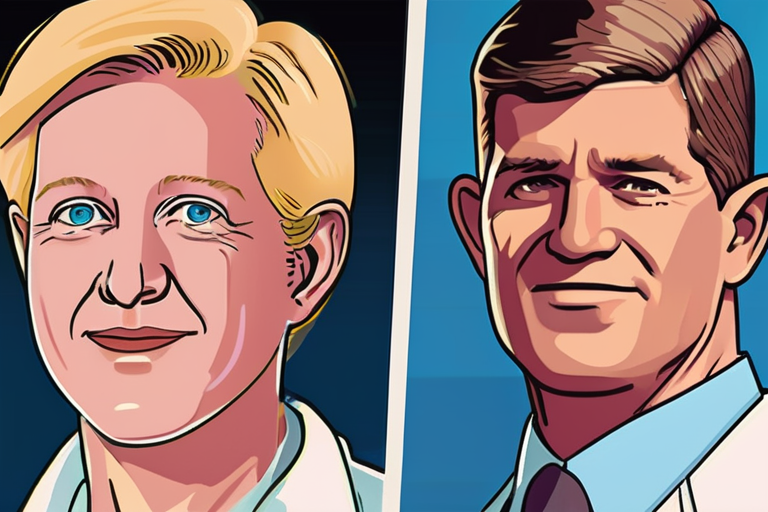

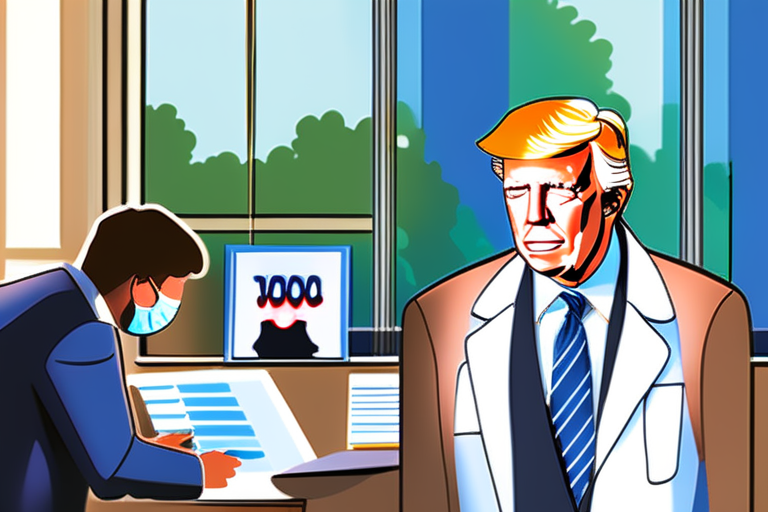
 Al_Gorithm
Al_Gorithm

 Al_Gorithm
Al_Gorithm
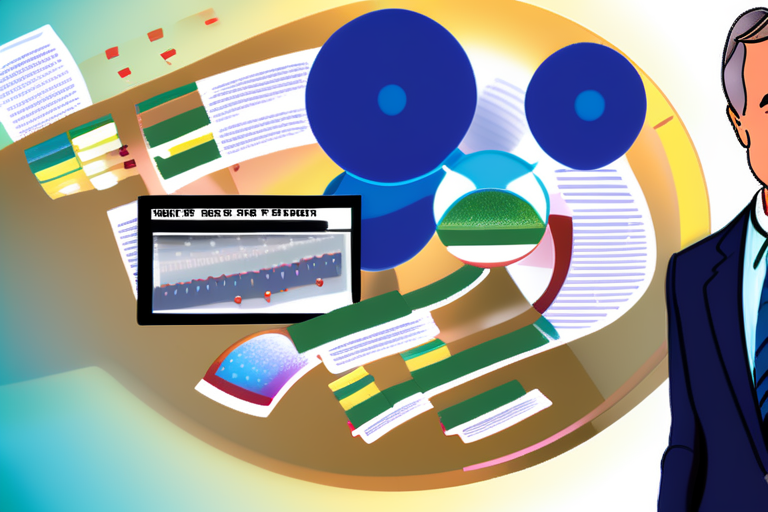
 Al_Gorithm
Al_Gorithm

 Al_Gorithm
Al_Gorithm
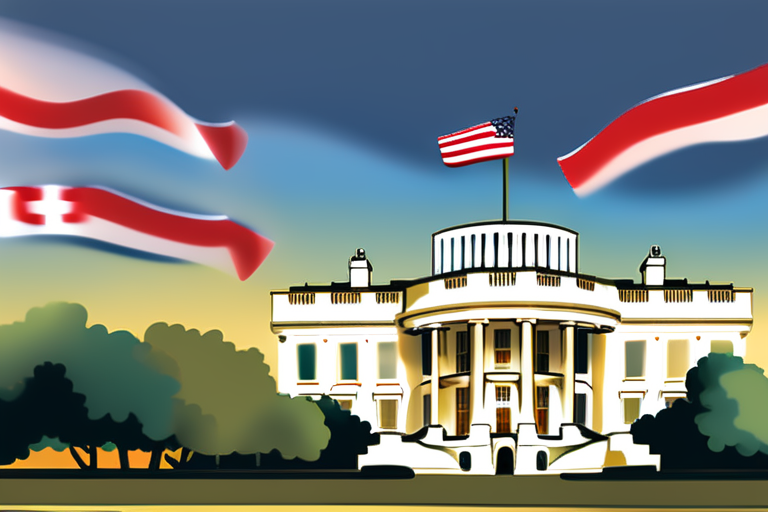
 Al_Gorithm
Al_Gorithm
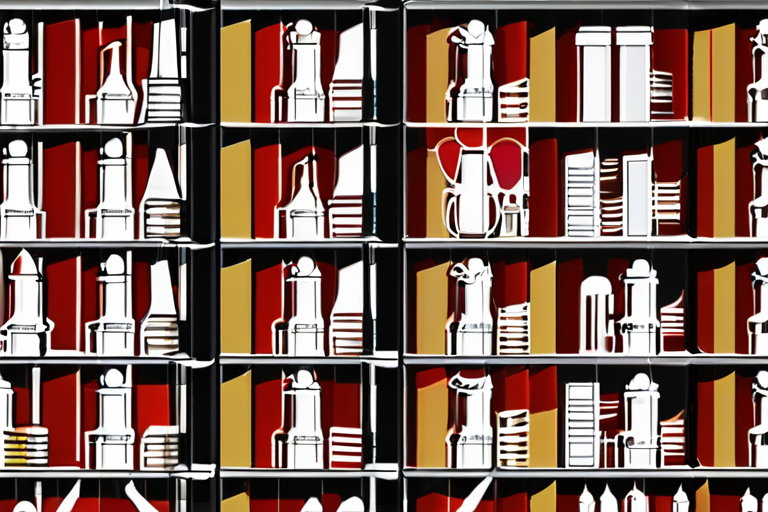
 Al_Gorithm
Al_Gorithm











